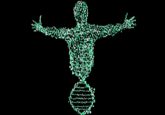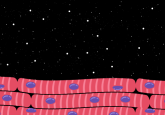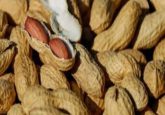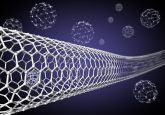Don’t let the case go cold: enabling studies into the protection of aging DNA samples
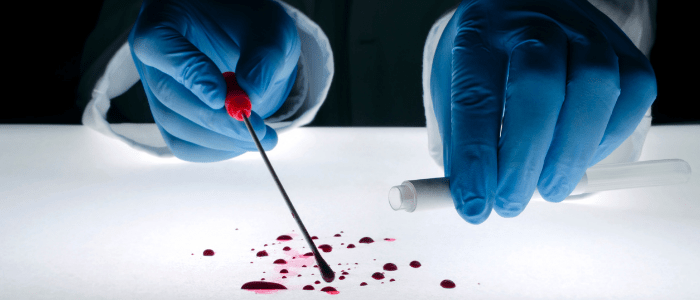
A new study uses accelerated aging as a method to reduce the duration of studies examining the stability of DNA in forensically relevant biological samples on swabs. A new study from researchers at Bode Cellmark Forensics Inc. (VA, USA) uses accelerated aging as a method to reduce the duration of studies examining the stability of DNA in forensic evidence-type samples on swabs. The results, published in BioTechniques, are important for evaluating and improving methods for the collection, storage and preservation of biological evidence for DNA analysis. The degradation of DNA from forensic samples can pose a challenge for criminal cases...
To view this content, please register now for access
Join our member community for FREE to access a collection of journal and online-only features, including:
- Exclusive access to educational videos, eBooks and insights into top BioTechniques journal articles
- The latest news and journal updates delivered straight to your inbox when you want it
- Personalized recommendations for the latest member-exclusive podcasts, interviews and expert opinions
- Priority registration to webinars, panel discussions and events
- Access to competitions and journal publication discounts, including 10% off open access fees when you sign up today!
